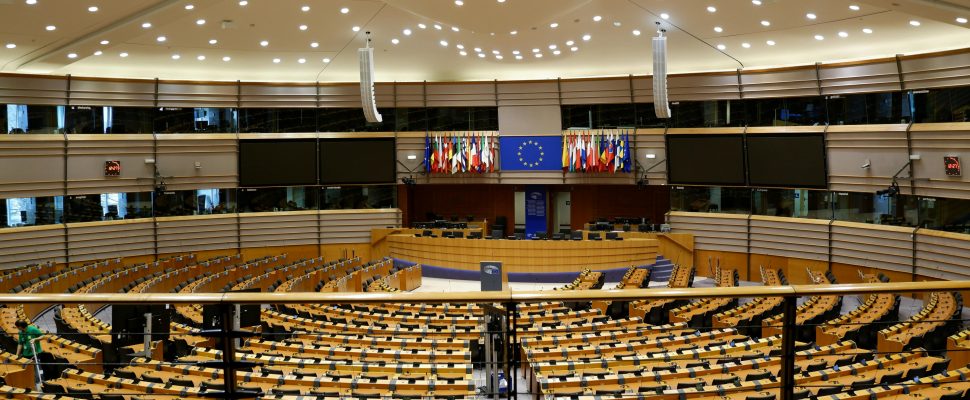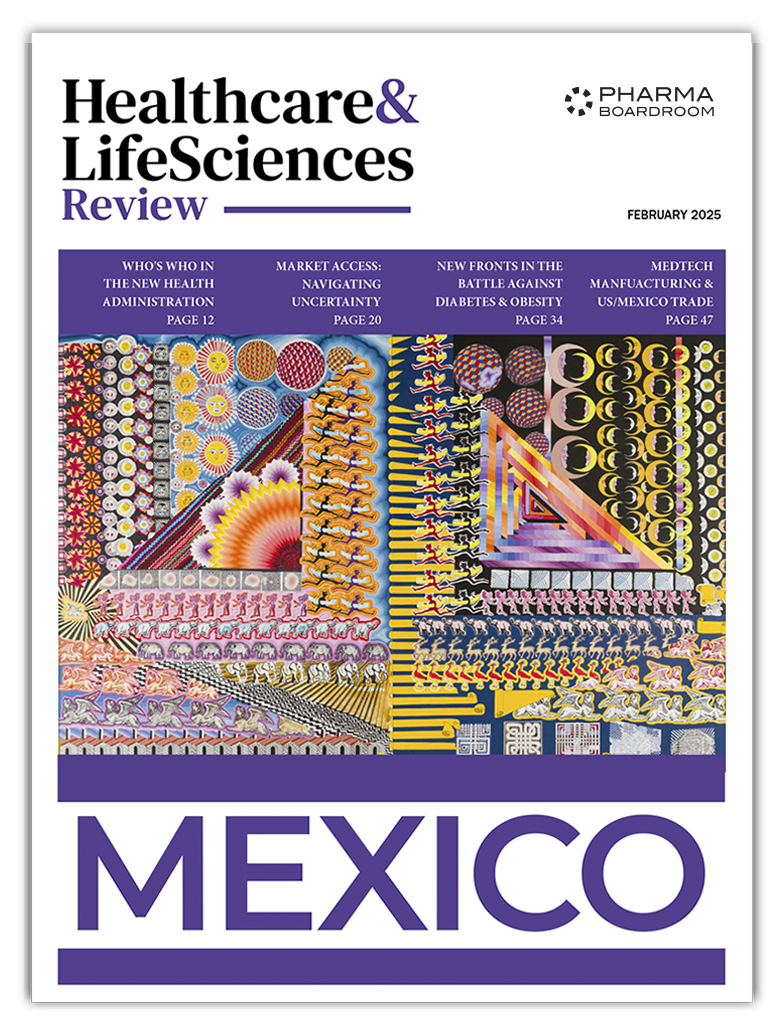As Denmark prepares to assume the rotating presidency of the Council of the European Union on July 1st of 2025, attention is turning to what this small yet strategically positioned country will bring to the table. Under the slogan ‘A strong Europe in a changing world’, the Danish Ministry of Foreign Affairs highlights two overarching priorities for the presidency: a secure Europe and a competitive and green Europe.
The Danish presidency coincides with growing concern over the European Union’s global competitiveness. Across critical industries like energy, tech, and life sciences the EU has seen its edge diminish as countries like the US and China make rapid progress in R&D, industrial policy, and production.
For Denmark, whose national life science sector has grown into a global export engine, the sixth month presidency aims to lead by example and set a strategic direction for the EU’s approach to innovation. The country now stands ready not only to help implement the EU’s evolving Life Science Strategy but to shape its trajectory through its own best practices.
“Denmark assumes the Presidency of the Council of the European Union at a pivotal moment in European history. It is a big opportunity for a small country like ours to make political impact and pave the way for a stronger Europe. We are ready to assume this important responsibility,” stated Prime Minister Mette Frederiksen.
A Competitiveness Wake-Up Call
Last September, former European Central Bank President Mario Draghi published a landmark report, The Future of European Competitiveness, which issued a dire warning: unless decisive action is taken, Europe risks losing its economic standing altogether. Draghi pointed to structural inefficiencies, a lack of coordination in key areas, and an over-reliance on outdated models as critical weaknesses.
This sentiment is echoed by leaders across sectors. “There is a growing recognition at the European Union level that the current model is unsustainable,” said Peter Halling, CEO and President of ALK. “Policymakers increasingly acknowledge the need to create a more agile and innovation-friendly environment to ensure Europe retains its relevance.”
Competitiveness is no longer a political buzzword, but rather an essential priority. And it’s one that Denmark claims to be uniquely positioned to advance. As a highly internationalised economy with a strong track record in collaborative policymaking, Danish stakeholders echo that competitiveness must go beyond national borders.
“Denmark is both a contributor to, and a beneficiary of, Europe’s collective competitiveness. We firmly believe we are stronger together,” affirms Vanessa Vega Saenz, Director at Invest in Denmark.
Bringing Danish Life Science to the EU Table
With its presidency, Denmark brings a proven track record in one sector especially relevant to Europe’s future: life sciences. The national Life Science Strategy Towards 2030 represents a cross-government commitment to building a thriving innovation ecosystem. With the ministries of Industry, Health, Foreign Affairs, and Higher Education collaboratively supporting the policy, the strategy tackles everything from clinical trial capacity and regulatory clarity to talent development and investment attraction. Key objectives of the plan include the formation of a special council to increase access of advanced therapeutics medicinal products (ATMPs), increased funding and tax credits for R&D and technology transfer activities, and “red carpet” support for investors looking to establish production facilities in the county: all in the hopes of doubling Denmark’s life science exports to EUR 46 billion by 2030.
“(Life science) is also a priority in the upcoming EU presidency, where we will work hard to ensure that the EU will create attractive framework conditions for the sector for the benefit of all of us,” stated Morten Bødskov, Minister of Industry.
Denmark is not stepping into the presidency empty-handed. Even before assuming the presidency, Denmark has already taken proactive action to contribute to a more competitive approach to the sector. The Danish National Life Science Council, the public-private partnership partially responsible for the development of the strategy, already delivered their insights to the EU capital.
“The Danish National Life Science Council recently submitted a proposal to Brussels that reflects our national model as a blueprint for the wider European strategy,” explains Vega Saenz. “We are often seen as a role model in how to implement strong regulatory frameworks without compromising efficiency or speed. Good governance and agility are not mutually exclusive.”
From the perspective of industry, Denmark’s presidency arrives at just the right time. “Denmark’s role as the rotating Presidency of the Council of the EU in the second half of 2025 is a true testament to the country’s leadership in the space, and the appointment is already influencing the broader regional agenda,” says Steve Wright, General Manager and Head of Human Pharma at Boehringer Ingelheim Denmark & Norway. “We can see that the EU’s emerging life science strategy is visibly shaped by Denmark’s 2030 framework.”
A Role Model for Collaboration
While no policy is ever one-size-fits-all, especially when the policy is developed and suited to a country of six million people, it can still offer a mindset and methodology that others can learn from. At the heart of this is Denmark’s emphasis on long-term collaboration and stakeholder dialogue. “Denmark can absolutely serve as a role model for Europe when it comes to coordination and dialogue across sectors,” says Ida Sofie Jensen, CEO of Lif. “One of the most valuable aspects of our national life science strategy is that it is jointly owned by four ministries: health, business, foreign affairs, and education. That kind of inter-ministerial coordination simply doesn’t exist at the EU level, but it’s exactly what Europe needs.”
While Denmark cannot simply copy and paste domestic policy into a European setting, there is still opportunity to advocate for smart, adaptable frameworks that respect local contexts. “We hope to contribute ideas and elements that reflect our deep respect for other countries’ cultures and realities,” says Jakob Nielsen, CEO of Healthcare Denmark. “Of course, a country with a population of six million has a different context than one with 60 million. But there are still aspects of the Danish model that may be applicable in a broader European setting. That is what we are advocating for.”
More than a policy toolkit, Denmark offers an ethos: one of accessibility, consensus, and pragmatic problem-solving. “What we offer Europe is a more holistic and pragmatic way of thinking… Denmark’s accessibility, our ability to find common ground, and our culture of trust and negotiation. Those are structural strengths we bring to the European table,” adds Ida Sofie Jensen.
Looking Ahead
As Denmark prepares to lead the Council of the EU, the true test will be whether it can balance the dual responsibility of advancing its national vision while contributing to a future-ready Europe. The coming six months will reveal how successfully the Danish mindset and methods can travel across the continent and translate into tangible EU-wide progress.



